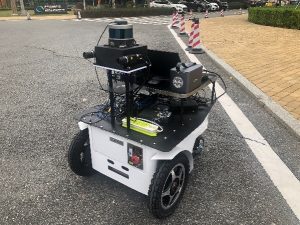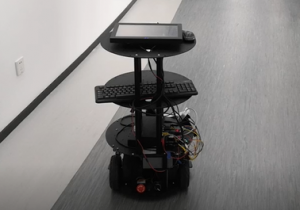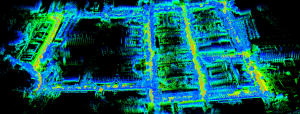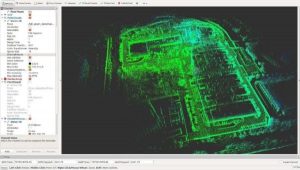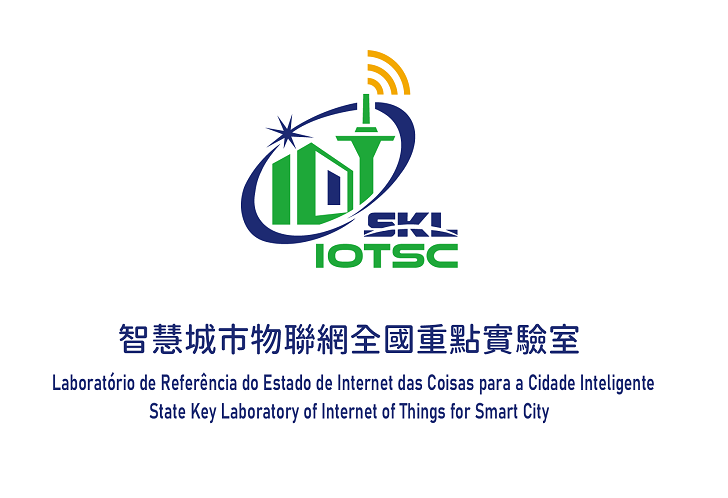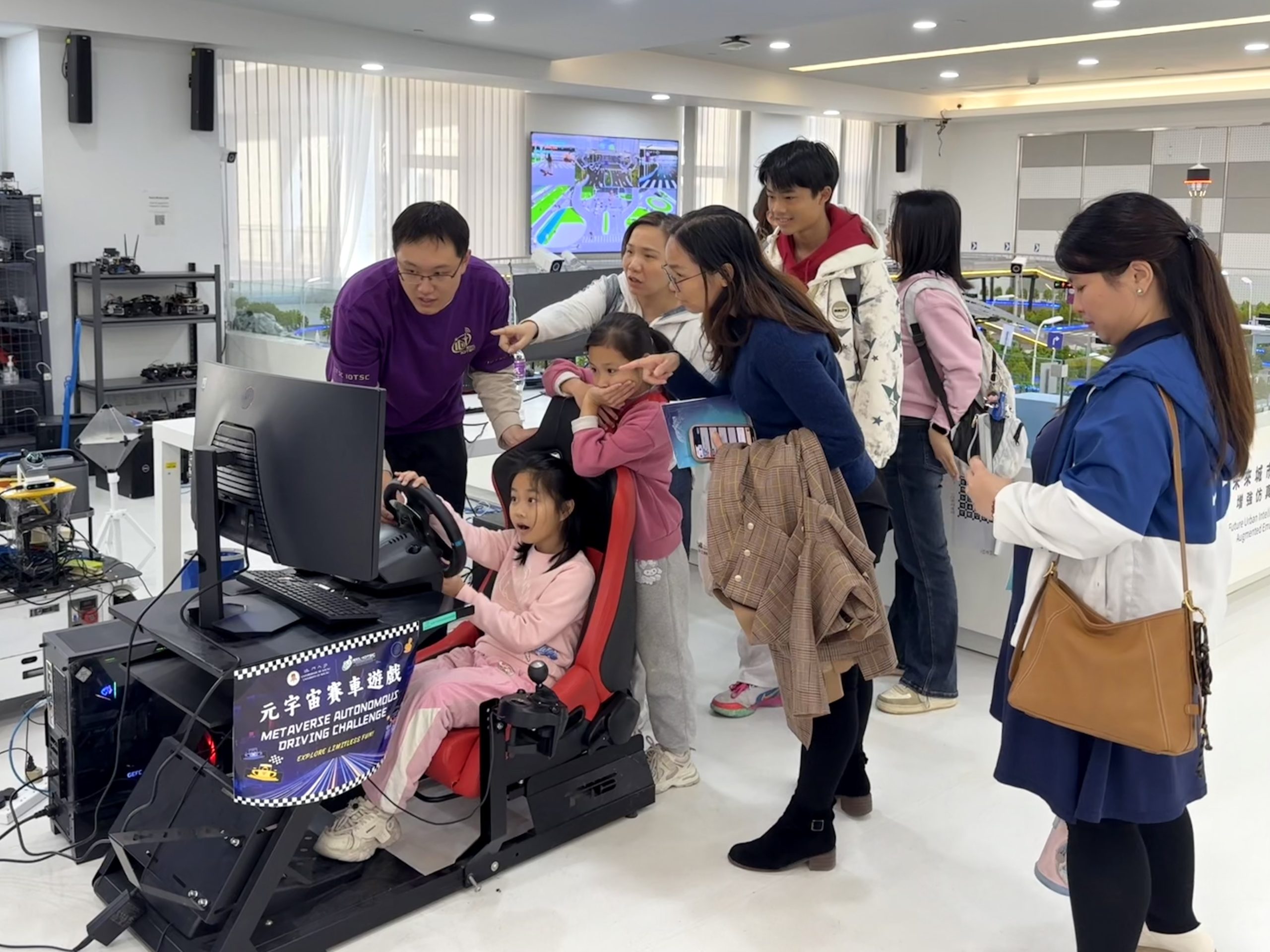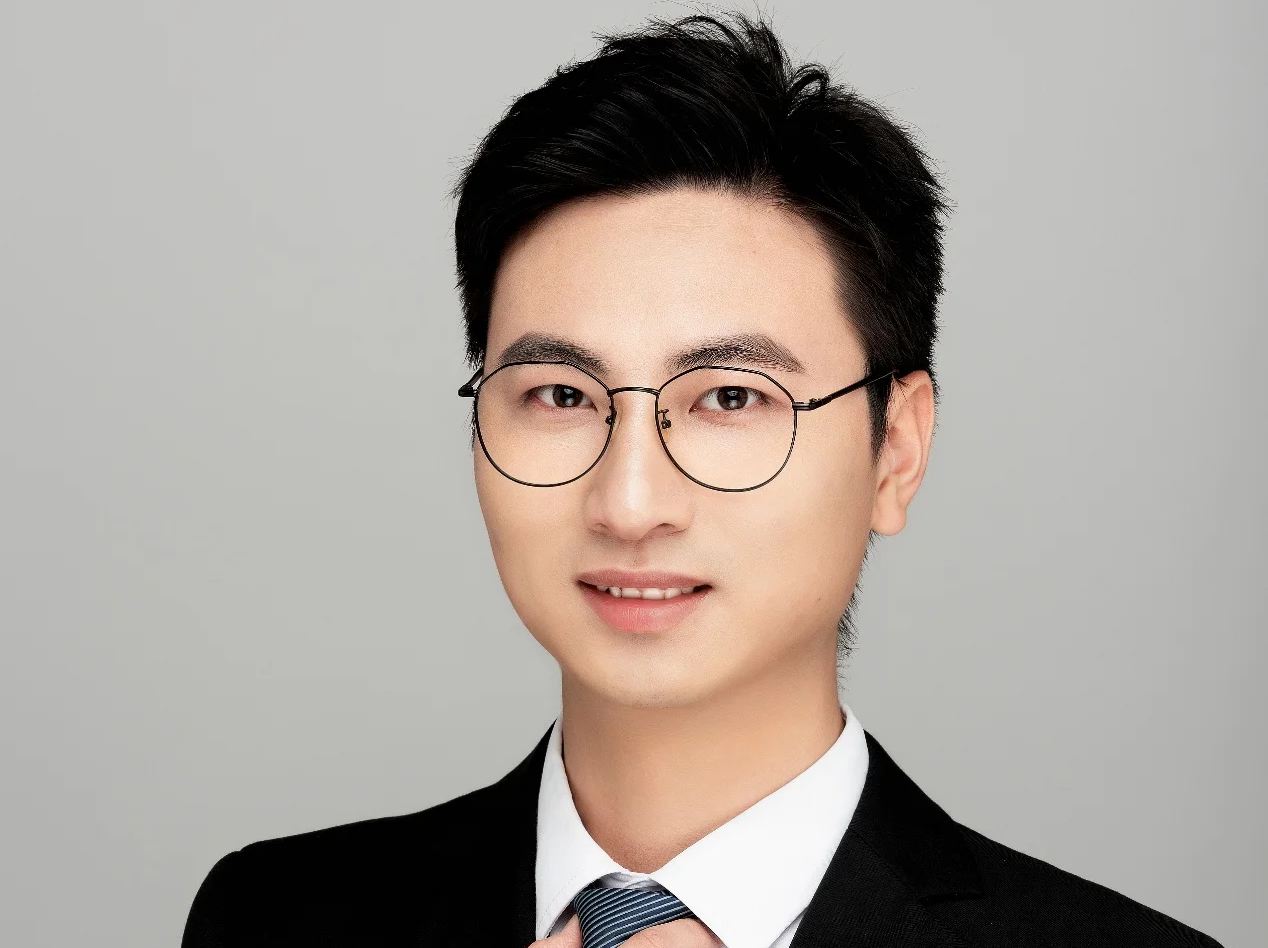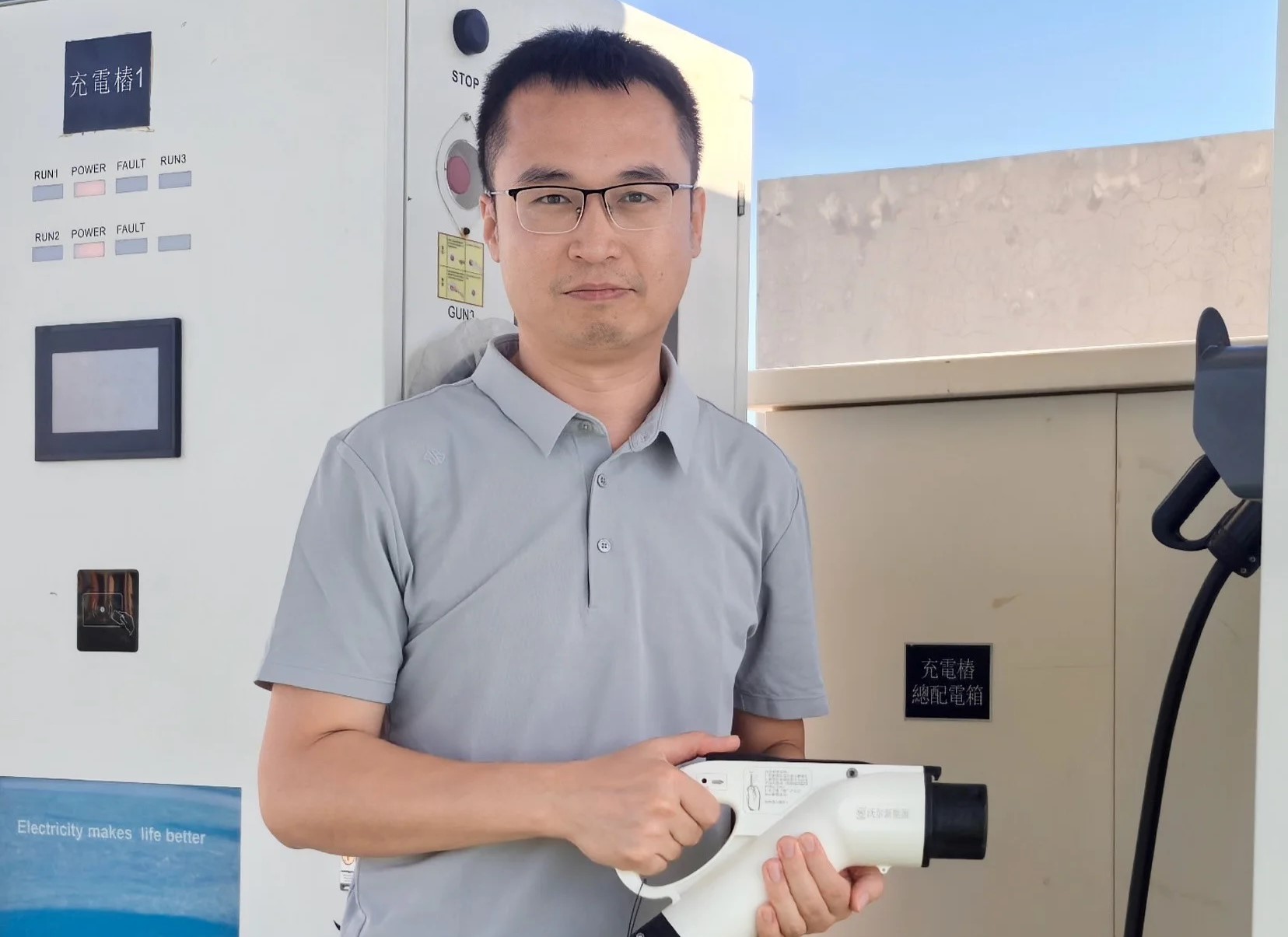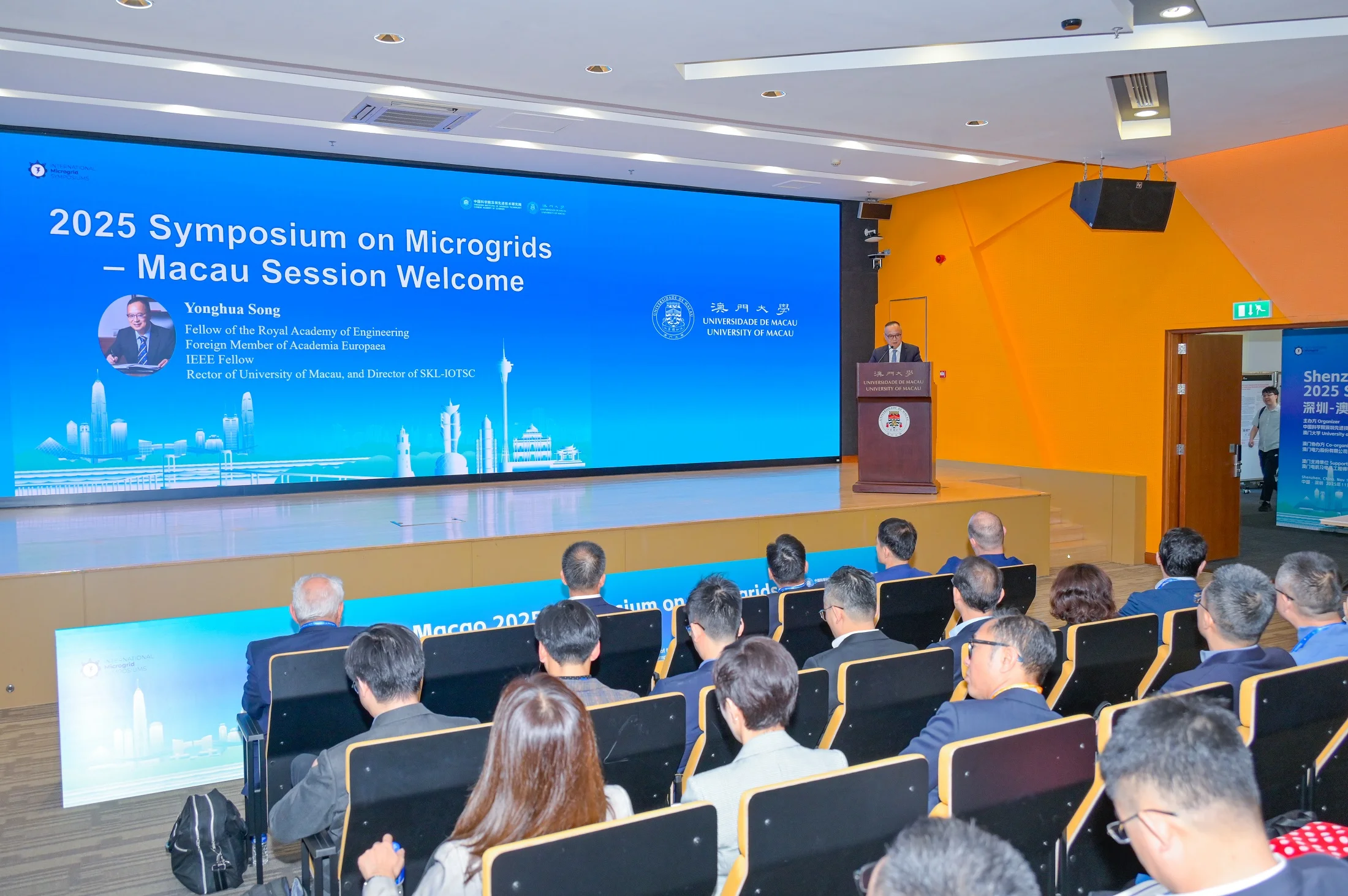Prof. Kong Hui joined the University of Macau in 2021 and currently serves as an Associate Professor in the Department of Electromechanical Engineering and Department of Computer and Information Science of the Faculty of Science and Technology and a research member of the State Key Laboratory of Smart City Internet of Things. In 2007, he obtained a PhD degree in Electrical and Electronic Engineering from Nanyang Technological University (NTU) in Singapore. In the past, he has taught and conducted research in many countries and universities, including Nanjing University of Technology, Massachusetts Institute of Technology, Ohio State University and École normale supérieure (Paris), etc.
His research is mainly related to the sensors and perception of autonomous mobile robot and high precision sensor positioning. Prof. Kong explained that although the current global satellite positioning system (GPS) is very common but also not very accurate, it is more likely to have 10 meters positioning error or even more. To make autonomous buses turn on their own, avoid obstacles, make detours, or stay on fixed roads, GPS and other sensor high-precision positioning methods are assisted are required. People mainly rely on vision when driving, because the neural network of the human brain can process visual input to help us understand the depth and speed of surrounding objects. In order to make buses more humanely recognize road conditions and react in real time, Professor Kong is currently studying to imitate the operation of the human brain, using neural networks to process visual input, and combining visual perception systems such as lidar, millimeter-wave radar, and high precision cameras. The data allows the bus to clearly position itself. On the other hand, through the visual perception system, a huge and diverse database is collected and created, so that the bus can perform in-depth learning. It is expected that the autonomous bus will be able to perceive road sections, obstacles, and traffic lights first; the second step is to understand the road conditions and determine the location of the bus itself; finally, the bus can understand and react on its own to cope with the ever-changing traffic conditions.
Prof. Kong also shared the challenges of studying autonomous driving , ‘Although there is a huge database, the actual situations on the roads is still very complicated, and the autonomous vehicle may encounter unpredictable conditions at any time. If the vehicle faces unpredictable situations that has never shown up in the scenarios in the past, it is difficult for it to react.’ Although there are still many challenges in autonomous driving, Prof. Kong said that brain science, human-machine integration, and interconnection are the trends in the near future, as small as automatic vacuum cleaners, nursing robots, and as large as Industrial robots will be adopted in the future, and these developments are inseparable from sensor perception and high-precision positioning. Another research of Prof. Kong is autonomous exploration for search and rescue robots. At present, the autonomous navigation of all mobile robots is inseparable from high precision maps, but the drawing and updating of high precision maps requires experienced robot operators to navigate the scenes through remote control robots. Collect data internally, and then draw the map offline. Manual editing may be required in the middle, so these require high labor costs. At present, Prof. Kong and his team are working on the drawing and updating of high-precision maps through exploration robots, thereby replacing manpower and saving costs. In addition, exploration robots can also be deployed in dangerous area to replace humans in completing tasks, such as search and rescue in dangerous area or Mars exploration tasks.
In regards of choosing to teach in the University of Macau, Prof. Kong said that UM is a very international university which has many excellent staff returned from overseas with international perspectives. He is also pleased to see that some students who are determined to choose research as their careers . ‘Research is a long process and it has to be persist. I am very pleased to have these like-minded students.’ He says. In the future at UM, Prof. Kong wishes to build a better research team, cultivate more outstanding students, and create more scientific research results for the local community and the country.

